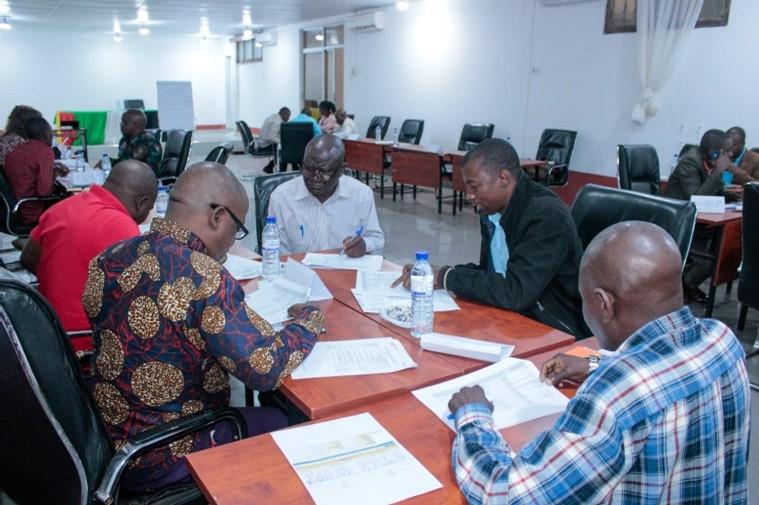Empowering Mozambique's agriculture with solar irrigation
By: Sophie Teyssier
Enabel
(Belgian Development Agency), in partnership with the National Energy Fund
(FUNAE), have been implementing the second phase of the Renewable Energy
Program for Rural Development (RERD2) since 2018. At the request of the
Government of Mozambique, a solar irrigation component has
been introduced, which provides for the supply and installation of irrigation
systems largely subsidized by the project, to small (900), medium (100) and
large (10) farmers. In addition to the equipment, the project supports as their
training in the appropriate and profitable use of these expensive systems. This
additional component started in 2021, in partnership with the National
Institute of Irrigation (INIR) and is denominated as RERD2(+).
Since then,
numerous preparatory actions have been carried out, emphasizing the
identification and sensitization of potential beneficiaries of the program, as
well as the mapping of areas with agricultural potential for the use of solar
irrigation systems (SPIS). The process was carried out with the District
Services of Economic Activities (SDAE), in coordination with the Provincial
Services of Economic Activities (SPAE) and the Provincial Directorates of
Agriculture and Fisheries (DPAP) of the Provinces of Manica and Zambézia.
Recently
(February 2023), an agreement was signed with International Development Enterprise
(iDE), an international NGO, for the management of the program grants.
Beneficiary prioritization criteria and an “expression of interest” form have
been developed by Enabel to guide the beneficiary selection process. The
beneficiary selection process is sensitive and delicate, which is why the
active participation of key local actors is important in order to guarantee
transparency, justice and inclusion. In the current year, the program provides
for the selection of 260 producers; as well as the allocation and installation
of 150 SPIS, distributed between the two provinces of intervention.
The project
carried out two workshops in May – one in Manica Province and one in Zambezia
Province - to present and discuss with the local authorities what are the
access and priority criteria for producers who are interested in the
acquisition of these systems. Additionally, the workshops also went through the
“expression of interest” form which interested producers will have to fill in,
with the help of extension workers.
This form
will make it possible to assess the current production conditions, and the ability
of the applicants to contribute to the acquisition, to use the equipment
correctly and profitably, and to ensure its maintenance. It will also be used
to establish a “base-line” database. The workshops took place in the two
beneficiary provinces of the project, with Enabel's institutional partners. Representatives
of the provincial services of Agriculture and the directors of the agricultural
extension services of each of the concerned districts participated. The two
workshops were particularly lively, with group work that allowed everyone to
deepen their understanding of the priority criteria and to participate
actively.
With the
presentation of action plans from the implementing partner iDE, they showed the
departments concerned that the project would, as the Extension services stated,
“finally start” on the ground. It actually did start, but the installation of
SPIS is the “concrete action” expected since the official start of the project
- 2 years ago. There is significant excitement for the deployment of these
systems on the ground and the second semester of 2023 is expected to
demonstrate concrete results.
Dernières actualité de ce projet
Pas d'actualité

